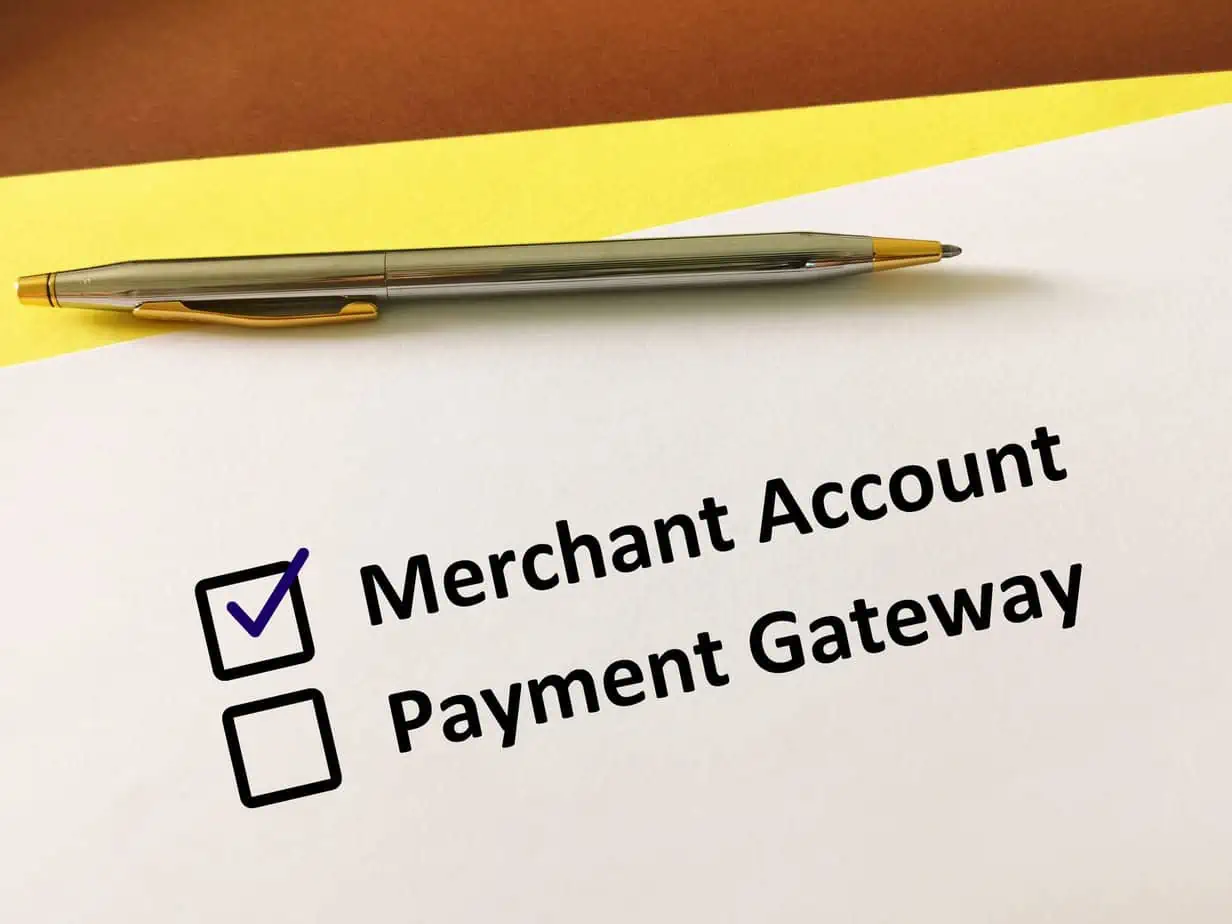Credit card payments are accepted at nearly any kind of brick-and-mortar or an online store – whether you are an Etsy seller or a jewelry merchant. The transactions are processed online these days since it is more convenient and safer that way. You may already have a merchant account for online or offline transactions, but if you are new to the eCommerce world, you must be planning to get a payment gateway solution for your store.
Contrary to what people believe, merchant accounts and payment gateways are totally different. You need both to run your online eCommerce store successfully. Both accounts perform different functions and are an absolute necessity for any retailer operating an online store. If you are already running an eCommerce platform for a while now, you must already know the difference between payment gateways, payment processors, and a merchant account.
How you integrate these solutions into your web-based store plays an important role in your business’ growth. To provide your customers with a seamless shopping and transaction experience, you need to choose the best payment gateway for your business. In this post, we will learn the difference between merchant account and payment gateway and how they help keep your online store up and running. Let’s get started with the payment gateway and later we will discuss the payment gateway vs merchant account.
What is the Payment Gateway?
A payment gateway links your merchant account with the bank account. After your customers enter their credit card information, the payment gateway forwards it to the acquiring bank for transaction validation. It is also responsible for authorizing your transactions so that the amount can be transferred from your merchant account to the bank account. The main responsibility of the payment gateway is to authorize the transaction.
An eCommerce store owner needs both a payment gateway and a merchant account for processing online transactions. A merchant account is used by brick-and-mortar stores as well. A store owner can either hire separate providers for payment gateway and merchant account or a single and all-in-one payment solution provider (whatever works the best).
Here are a few features of the payment gateway.
- Integration: A payment gateway is integrated into your online store so that every time a customer proceeds to the checkout page and enters their card details for making a purchase, their information is sent to the payment gateway for processing.
- Collecting Customer’s Card Information: The merchant has to send the information a customer enters on their eCommerce website to the payment gateway for authorization. This can be done through the tools the payment gateway provides.
- Sending Data to the Acquiring Bank: As mentioned above, this data is then transferred to either the payment processor or acquiring bank for validation. A reliable payment gateway service provider follows the latest security protocols to ensure the safe transmission of the customers’ financial data.
- Verification: The acquiring bank verifies the data and sends it to the customer’s credit card company
- Approval or Declining: The payment gateway transfers whatever information it gets from the acquiring bank to the merchant. For example, if the transaction is approved, the gateway will take the buyer to the confirmation page. If it is not authorized due to errors or problems with the credit card, the transaction is declined and the customer is asked to choose another payment method.
What is a Merchant Account?
The amount you get from the sales of your goods and services through the Ecommerce store is deposited into your merchant account. These funds are transferred by your payment gateway (the approved transactions online) to your merchant account. The amount is held in your merchant account until they are transferred to your bank. A common misconception here is that the business account and merchant accounts are the same. Your merchant account offers you limited control.
As you make money from the sales, the amount received from the customers will be stored in the merchant account initially. You must be wondering why the money isn’t directly deposited into the bank. Well, the customers might return the items if they are not satisfied with the product or if there’s any fault in it.
For every return, you have to issue a refund. These refunds can be settled with the amount in your merchant account, while the rest of the money goes into your bank. Besides, your payment gateway could be collecting money from multiple sources. It’s easier to combine the payments into a single transaction for your bank, instead of depositing each one individually.
Merchant Account Vs Payment Gateway
First things first, your merchant account only holds the money you earn from the sales before depositing it into your bank account automatically (according to your set schedule). The payment gateway, on the other hand, authorizes the transaction and deposits the money into the merchant account if everything is accurate.
Some payment solution providers offer the complete package of payment for eCommerce stores. It includes a payment gateway, payment processor, and merchant account. It is an ideal choice for beginners struggling to find the best merchant account or payment gateway solution, provider. Other payment gateways leave the merchant account configuration process to the store owner, which isn’t a convenient option.
The fewer payment processors you work with, the better and more convenient the transactions are. So, it is better to choose a payment gateway that not only handles the payment part but offers you a merchant account.
Bottom Line
Hope you have learned the difference between a merchant account and a payment gateway. Both payment solutions must be integrated into your eCommerce store for a successful and secure payment processing service. A payment gateway will exchange information between the merchant the acquiring bank account while the merchant account keeps your money until it is deposited into the bank. If your customer returns a product and requests a refund, you can easily issue that using the money from your merchant account.

